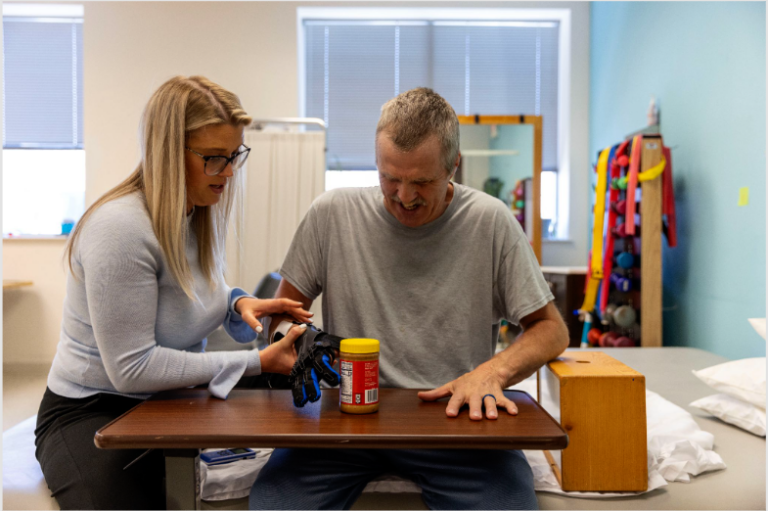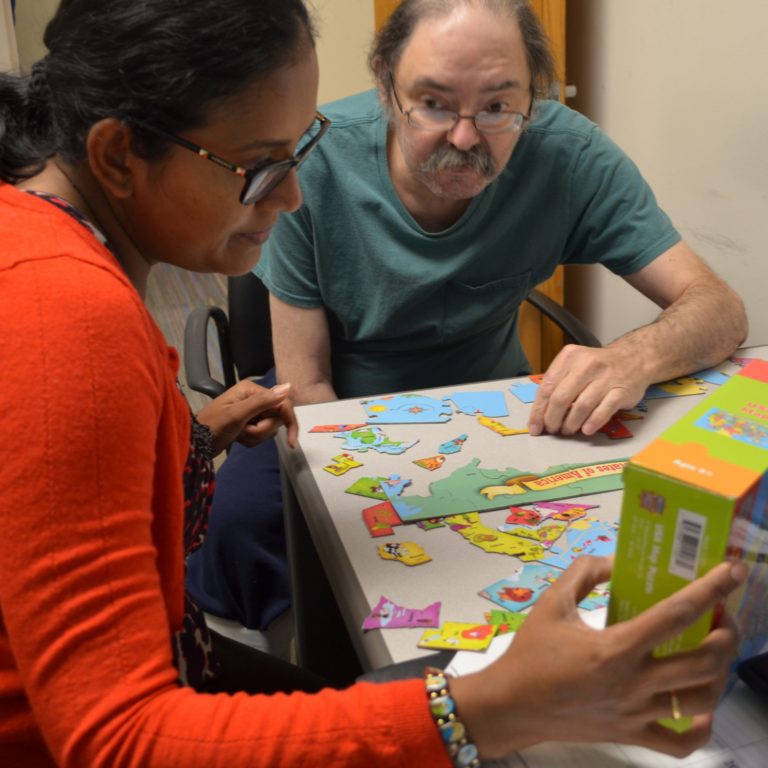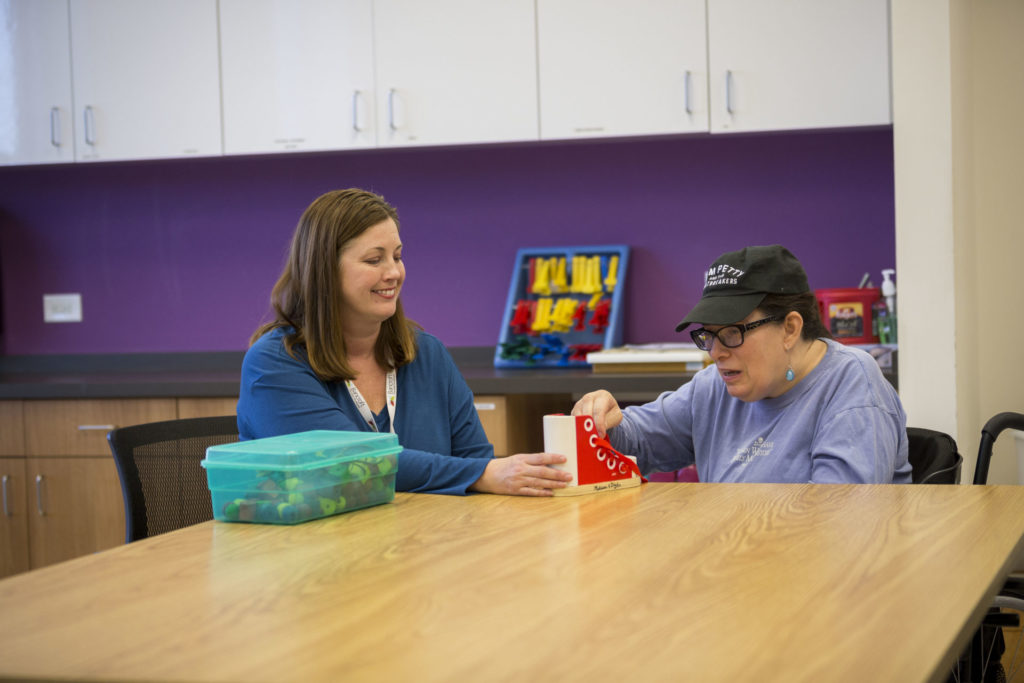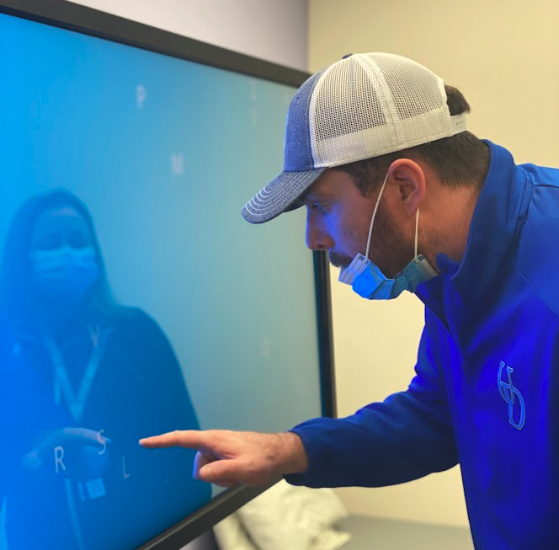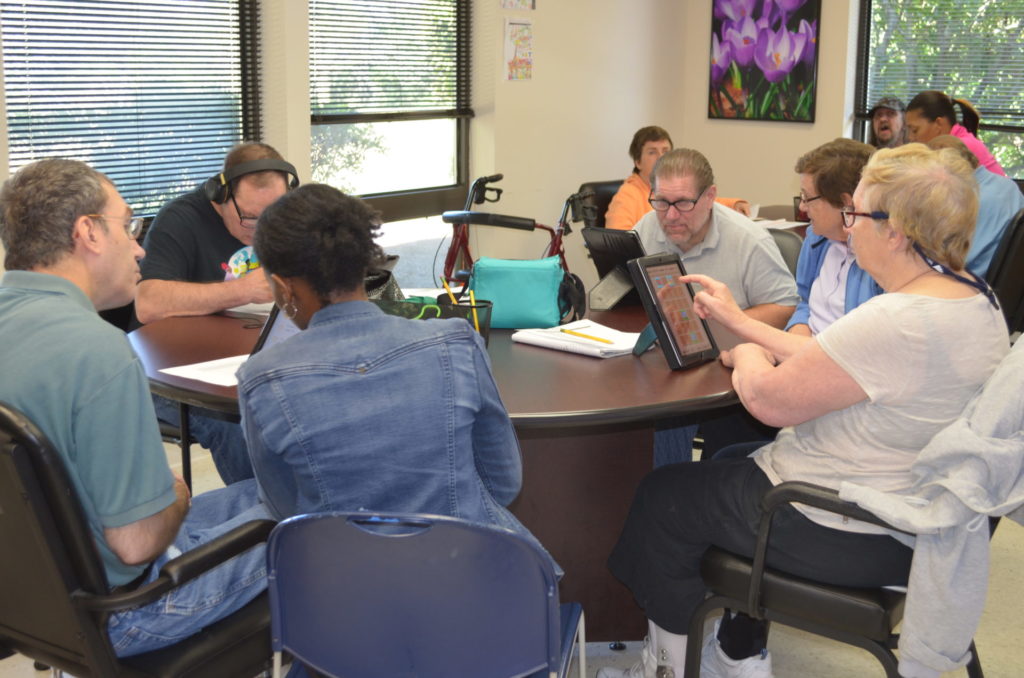What is Caregiver Burnout?
Caregiver burnout occurs when someone who cares for a chronically ill, disabled, or elderly person is in a state of emotional, physical, and mental exhaustion. Burnout is caused when an individual experiences depersonalization; a reduced sense of accomplishment, physical, and mental exhaustion caused by stress. Being a caregiver is an incredibly rewarding experience but it can quickly have a negative impact on the lives of the caregiver and recipient if the caregiver is overly stressed.
Other causes of burnout include aging, lack of help from family members, and a patient whose needs are increasing. When caregivers don’t get the help they need, they become mentally and physically tired. This can lead to many risks, while the individual being cared for may start to feel neglected, the caregiver themselves will start to feel physical and emotional changes.
Symptoms and Risks:
Physical Risks
- Weight Fluctuation
- Changes in appetite
- Changes in sleeping patterns
- Weaker immune system
- Hurting themselves or the care recipient
Emotional Risks
- Increased irritability
- Anxiety
- Depression
- Lack of interest in activities
- Withdrawal from loved ones
Stages of Caregiver Burnout:
Burnout can occur in three stages, each one progressively gets worse for both the caregiver and the recipient.
Stage One: Frustration
The caregiver becomes frustrated with the recipient’s lack of progress or worsening condition.
Stage Two: Isolation
The caregiver begins to feel lonely and unappreciated by family members or others around them. They become reluctant to ask for outside help.
Stage Three: Hopelessness
The caregiver starts to feel helpless and hopeless. They begin neglecting their own personal care and happiness, which eventually leads to a decrease in the quality of the care they are giving.
It is important to assess caregiver burnout, to ensure the quality of care they are giving as well as the quality of their own health and life. One way to prevent caregiver burnout is taking the Caregiver Self Assessment. Starting the conversation and providing care to the caregiver will impact both the lives of the caregiver and the person they are caring for.
If you’re caring for a loved one with a brain injury or neurological condition, Bancroft NeuroRehab can help. Call 844-234-8387 to learn more.
Related Articles


What is Aphasia?
Michelle Valente, M.A., CCC-SLP, Bancroft NeuroRehab Outpatient Program Director and
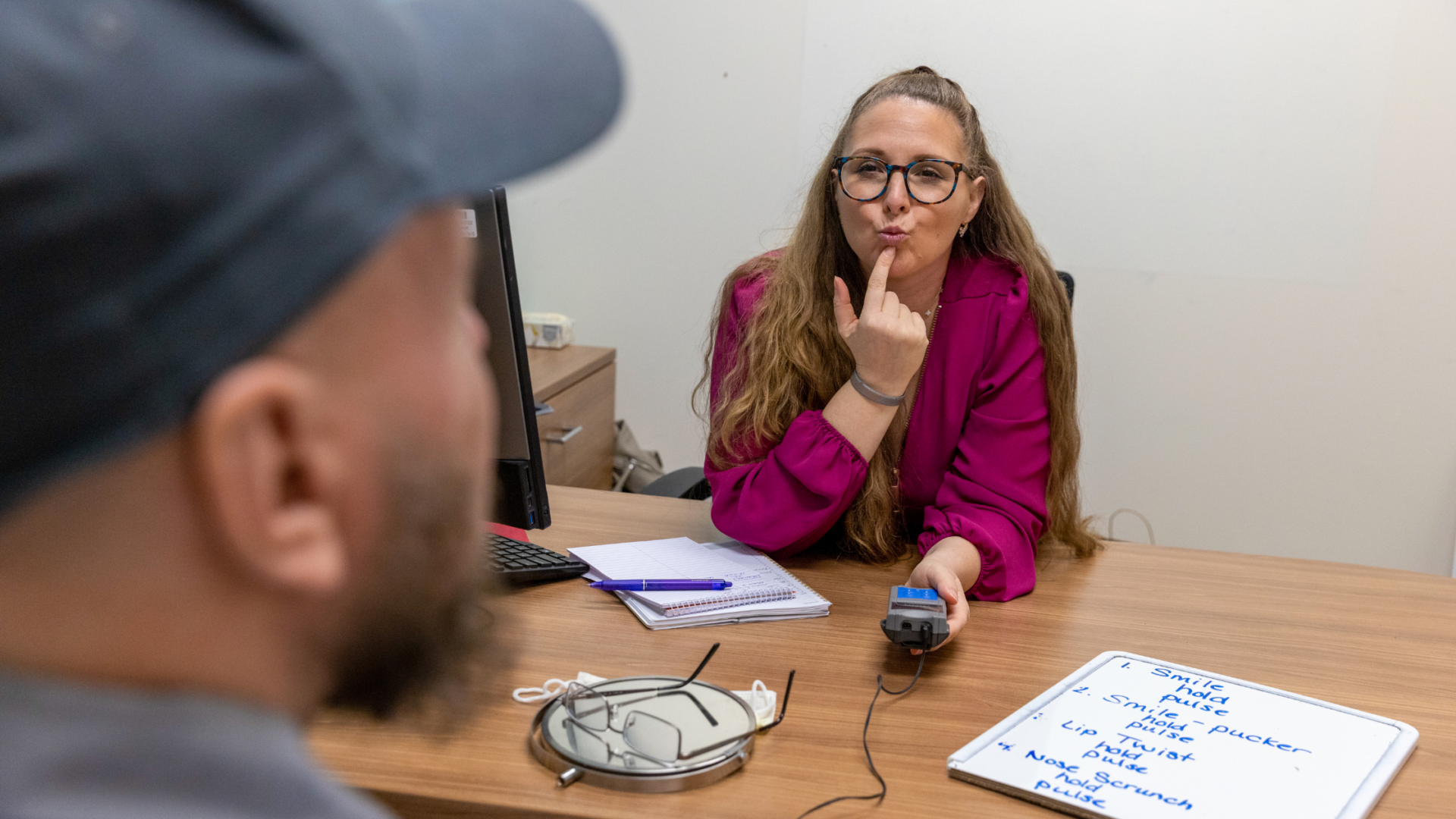

10 Tips for Supporting a Loved One with Aphasia
Learn practical ways to support a loved one with aphasia
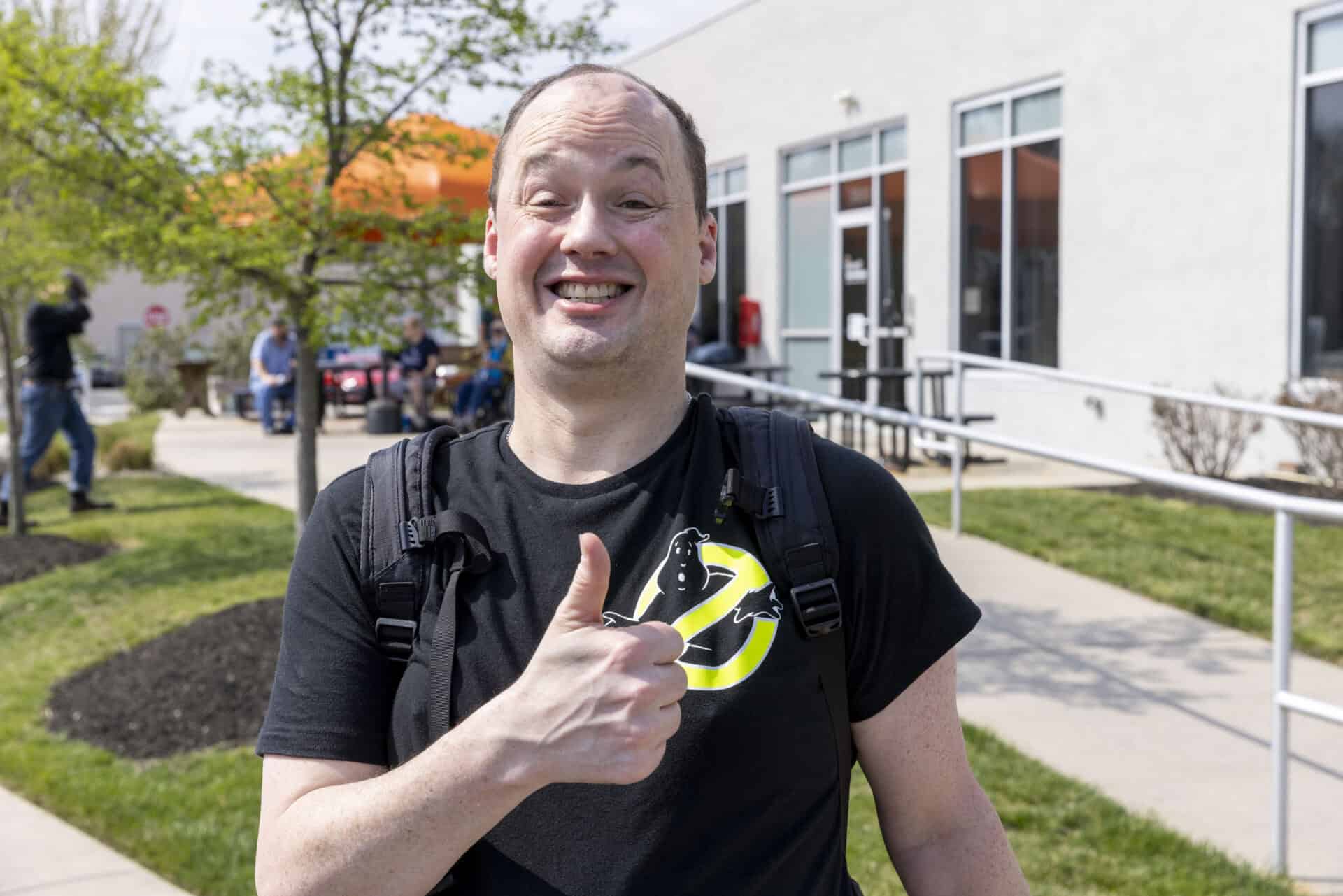

Home Therapy Made Simple: Practical Tips for Stroke Recovery
Recovery doesn’t stop when formal therapy ends. In many ways,




